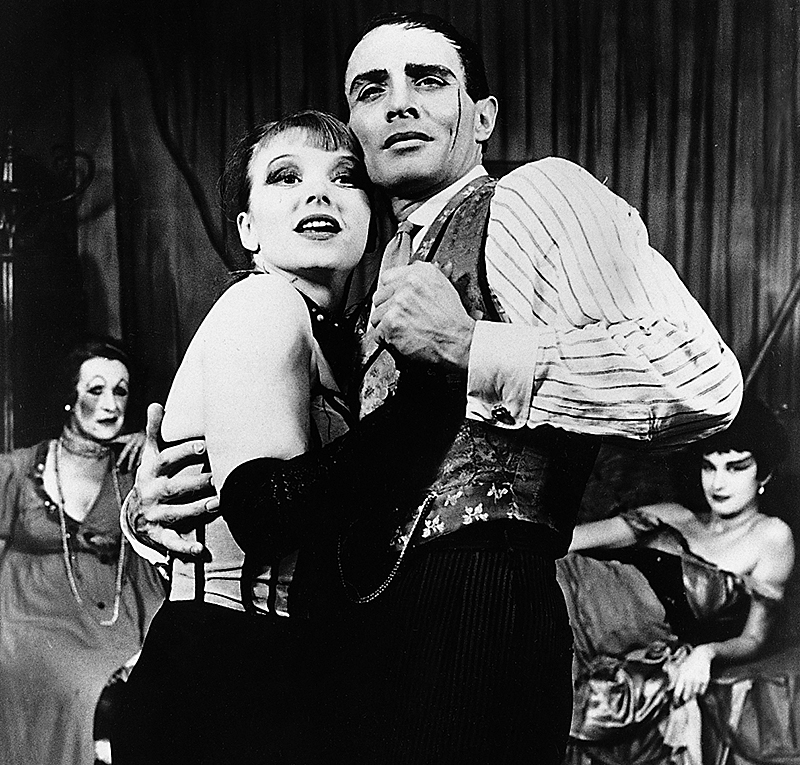Brecht, Bertolt << brehkt, BEHR tawlt, >> also spelled Bertold (1898-1956), was an important German playwright. Brecht tried to show that social forces determine human nature, and that the evils of capitalism brutalize the poor and make the rich corrupt.
Brecht believed that an audience’s emotional involvement in the characters and action tends to cloud its grasp of the play’s message. In his so-called epic theater style, he tried to shatter traditional stage illusions of reality by using various visual techniques and an unemotional acting style. For example, performers would “read” their lines in a deliberately expressionless manner. To Brecht, such a device allows the audience to focus on the lessons to be drawn from the play. Brecht’s plays advocate changes in middle-class society.
Brecht wrote several dramas before 1925. The first was Baal, written in 1918 and 1919 and first performed in public in 1923. Brecht gained his greatest success with The Threepenny Opera (1928). Including adaptations of other works, Brecht wrote about 35 plays. They include Mother Courage and her Children (1941), Life of Galileo (1943), The Good Person of Setzuan (1947), and The Caucasian Chalk Circle (1948). Brecht also wrote a number of works of prose fiction. His many poems were published in The Collected Poems of Bertolt Brecht in 2018, after his death.

Brecht was born on Feb. 10, 1898, in Augsburg. He left Germany when the Nazis came to power in 1933, and lived in the United States from 1941 to 1947. In 1949, he moved to East Berlin and formed the Berliner Ensemble. He died on Aug. 14, 1956.
